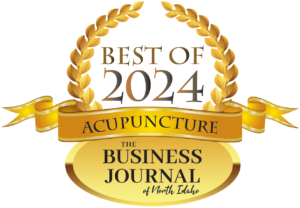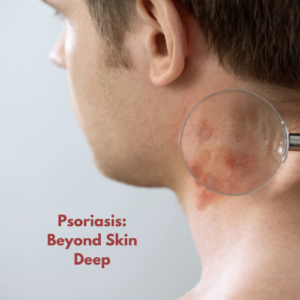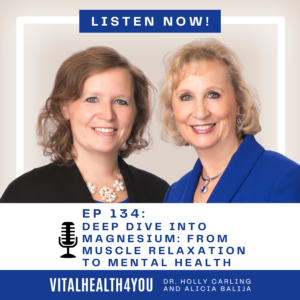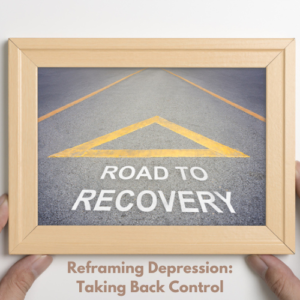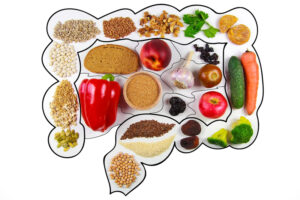When I was young, I rarely got into trouble. If I were to, it was for “daydreaming”. Daydreaming isn’t always bad. Daydreaming can range from fantasy, pleasant thoughts, hopes or ambitions, to realistic future planning, a review of past memories, or on the negative – just spacing out. Research has demonstrated that people who daydream are more creative than those who don’t, and according to a Harvard study they are more likely to be visionaries. There are numerous people who are composers, novelists, and filmmakers who develop their ideas while daydreaming.
But where is the line drawn between “innocent daydreaming” and a mental aberration referred to as an “inability to concentrate”, “ADD” or being out of touch with reality? It seems today that mostly it is labeled as an inability to concentrate, or ADD and has become more of a psychological disorder than anything innocent. Far too often it is also labeled so the person can be medicated.
Why are more and more people struggling with an inability to concentrate? It is common when someone is bored to let their mind wander. But when they want to concentrate, and can’t seem to, we need to look at what factors may be involved.
The first to explore is sleep deprivation. Insomnia is so common today, that it surprises me now when new patients tell me they sleep well. Women need 8-9 hours and men need 7-8 hours of sleep per night. A lack of sleep can contribute to an inability to concentrate.
Is your life too sedentary? Research shows that exercise helps improve brain function. Getting oxygen to your brain via improved blood flow is good for an alert brain. The other thing the brain needs to function well is good nutrition. The brain needs minerals (from vegetables), fats (good fats such as butter, fish, or avocados), healthy proteins (such as quality meats), some carbohydrate (an overload of carbohydrate actually has the opposite effect) and plenty of hydration (water). Good eating equals a healthy brain.
Too much external stimuli such as music or TV in the background, a cell phone or instant messaging that keeps going off, or several browser windows open on your computer can all be distractions.
Then there’s stress and fatigue – big factors. People are so tired today, that they now call fatigue “depression”, and medicate for it. Medications for depression are known to dull the senses, so it is no wonder a person can’t focus! In fact, many medications, such as statins (anti-cholesterol medication), have common side effects of dull thinking, poor memory or inability to concentrate. When stressed or fatigued it is difficult to stay on task.
There are many other reasons why someone could suffer from an inability to concentrate that ranges from health challenges, to difficulties at home or work, hormonal imbalances and eating awful foods. Fortunately, there is much we can do to turn it around. Then you could just daydream when you want, and switch back to reality when you need to!
©2012 Holly A. Carling, O.M.D., L.Ac., Ph.D.

